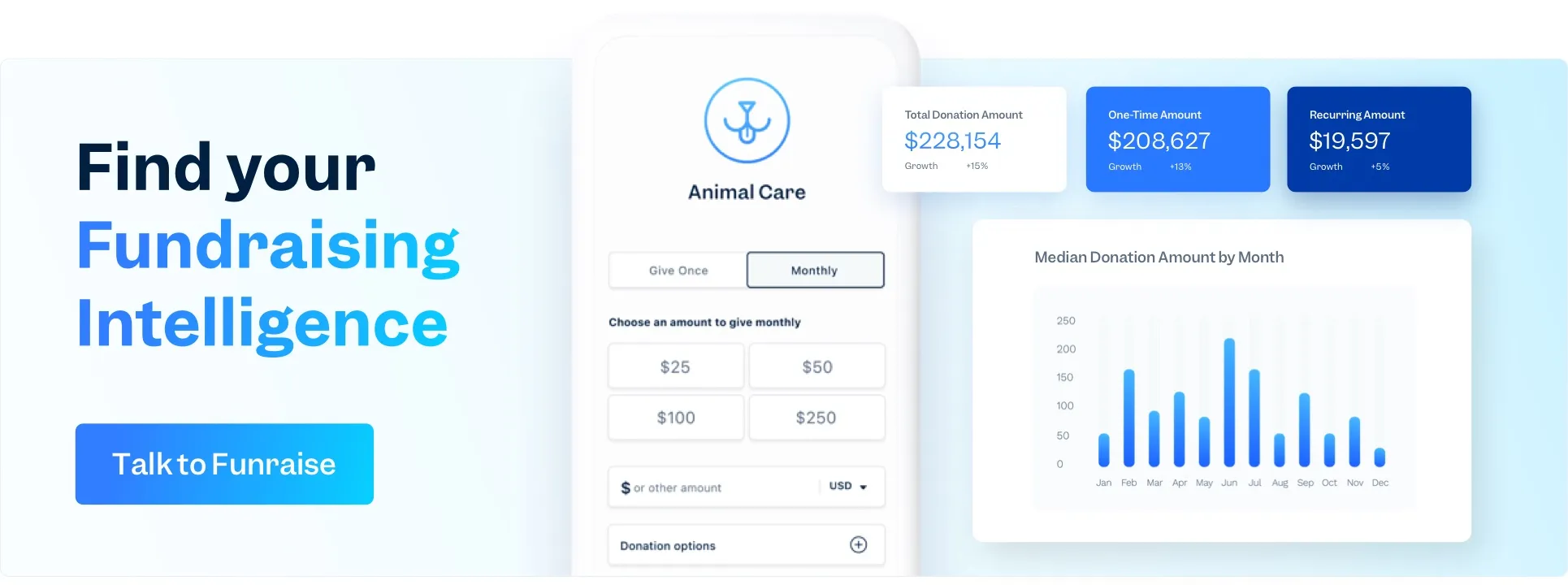Justin is Funraise's CEO, a co-founder, and a bad-ass, experienced nonprofit fundraiser. Like a true fundraiser-turned-founder, he breaks down the concepts behind Funraise's mission everywhere he can make nonprofits' voices heard.
I have no problem donating to charities that spend 50% or more on overhead but drive big results.
I have a big problem donating to charities that spend less than 10% on overhead and drive small results.
When I donate to a charity I only really care about one thing: RESULTS.
Solving big problems is expensive and it requires insanely smart people. Also, the cost of solving problems across causes is vastly different. Finding a cure for cancer will cost more than providing mosquito nets to vulnerable populations.
So donors, let's stop basing our investment in charity on financial ratios, and let's start basing it on how well nonprofits are actually solving the problem they built their organization around.
This investment strategy will yield much stronger results.
Can't listen to the video? Scroll down to read the transcript.
Video Transcript
A part of changing like this perception I think donors can lead the charge with this and it's somethingI do. So when I'm looking to support an organization, I do look at like, well, let's take a look at what their overhead spend is. If it's below 30%, I don't want to donate because this organization is not investing in infrastructure and people in a way that's gonna actually make big impact.I'm okay with donating to an organization that's spending 50%, 60%, 70% on overhead because I know that organization is, especially if they have results to show, I know that the organization is taking their business seriously and that they want to scale and that they want to make big impact. And that they're in a phase right now where they have to invest in infrastructure. So, for me, that's something that I try to be proactive about. I want to invest in organizations, nonprofit organizations, that are serious about building the business and dreaming about scale and seeing, you know, where they could take it. And so I think donors have a role to play as well in this conversation.






Start For Free

























.webp)
.webp)











.webp)
.webp)

.webp)
.webp)
.webp)




